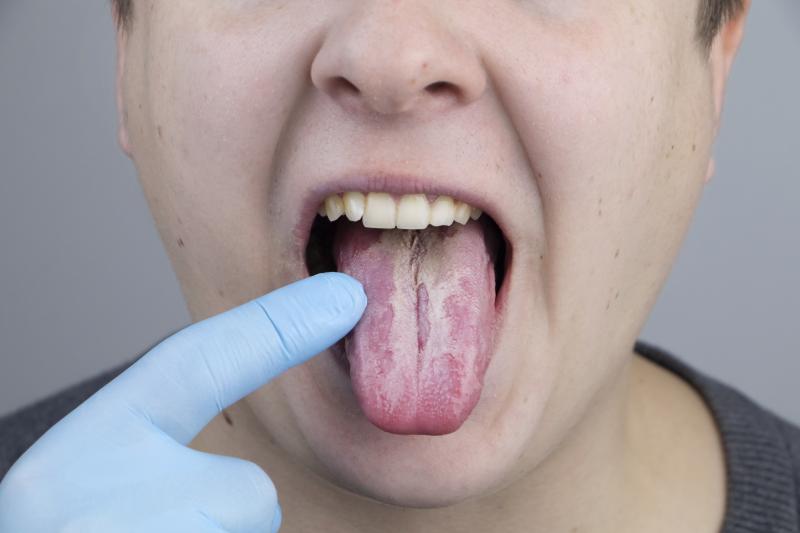9 Signs Of Poor Oral Health

Oral health is an important aspect of a person’s general well-being. Poor dental hygiene could result in oral problems, such as dental cavities, gum diseases, and other oral conditions like bad breath. Because you have to maintain your oral health constantly, it's crucial to keep an eye on any signs of problems so you could nip them in the bud.
Here are a few symptoms of poor oral health you should be on the lookout for.
- Pain
Pain is an obvious sign of an oral health problem. If the pain is in one of your teeth, it could signify a tooth cavity or decay. Tooth cavities are believed to be generally caused by the wearing out of the enamel, the outer coating of your teeth. This could be a result of acids caused by sugars. If detected early, cavities could be dealt with through various dental procedures, such as tooth feelings or root canals.
- Canker Sores
Canker sores are tiny reddish or yellow ulcers in the mouth that tend to be painful. These could sometimes also appear on the roof of the mouth and as white spots on gums.
If you notice you have canker sores, it’s time to improve your oral hygiene. Brush your teeth at least twice daily, floss, and gargle with an approved mouthwash or saltwater. If the sores don't heal within a couple of weeks, visit your dentist.

- Swollen Or Bleeding Gums
Normally, your gums shouldn't bleed when you properly brush your teeth. If you notice blood even when brushing your teeth gently, you may be facing a problem with your oral health.
Swollen or bleeding gums are believed to be potential signs of gum disease. Gum disease is said to be caused by several factors, including the presence of too much bacteria in your mouth, causing gum inflammation. If left untreated, prolonged gum bleeding could lead to gingivitis, which could eventually result in tooth loss.
- Bad Breath
Bad breath could be caused by various factors, including the type of food you've eaten or a simple case of dehydration. But if it becomes chronic, you might be facing some oral health problems, such as gum disease or oral cavities.
Bad breath could also be a sign of poor oral hygiene. Like many other oral health problems, your first line of defense should be practicing recommended oral hygiene habits like brushing, flossing, and using mouthwash. Should the problem persist, it’s best to see your dentist.
- Sensitivity
If your teeth experience sudden and unexpected sensitivity to temperature, there might be something amiss with your oral health. There's a possibility you could have a dental abscess, a gum or tooth infection caused by bacterial infection. A dental abscess usually comes with other symptoms, like fever and severe toothache.
Temperature sensitivity may also be a symptom of the wearing out of your tooth enamel. Whatever the case may be, if you experience any of the sensitivities, you need to visit your dentist for an examination and treatment.
- Yellow Tongue
If you have poor oral hygiene, you'd risk the accumulation of bad bacteria in your mouth. As the bacteria multiply, they could turn your tongue and the roof of your mouth yellow. If this is happening to you, you may need to put on your A-game and beef up your oral hygiene. And don't forget to brush your tongue along with your teeth.
- Oral Thrush
Closely related to a yellowing tongue is oral thrush. This is believed to be a result of too much yeast in your mouth. If your yellow tongue is accompanied by cracked lip corners and a lack of taste, there's a chance you have thrash. Practicing good oral hygiene should resolve this problem, but if left untreated, you could end up with complications. Avoid taking chances and visit your dentist to get checked out.
- Dry Mouth
Dry mouth, or xerostomia, is when you're producing insufficient amounts of saliva. This is believed to result from a couple of things, including poor oral hygiene and excessive mouth breathing. If your dry mouth comes with bad breath and sticky saliva, you could have xerostomia. Just as with most other conditions, you’d need to see a dentist to get a proper diagnosis. Meanwhile, practice better oral hygiene.
- Discolored Tooth
Normally, the color of healthy teeth will vary, but they will all have a shade of white. If you notice one of your teeth changing color, that may be a sign it's dying. A tooth dies from a lack of blood supply. Again, it may be time to consult your dentist for a proper diagnosis and treatment.
Takeaway
The mouth has many ways of telling you your oral health is poor. You have to pay attention to any changes in the way it looks and feels. If you notice any of the signs discussed here, you have to visit your dentist to be properly diagnosed and treated. Remember, a problem discovered on time may be easier to solve.
More to Read:
Previous Posts:





